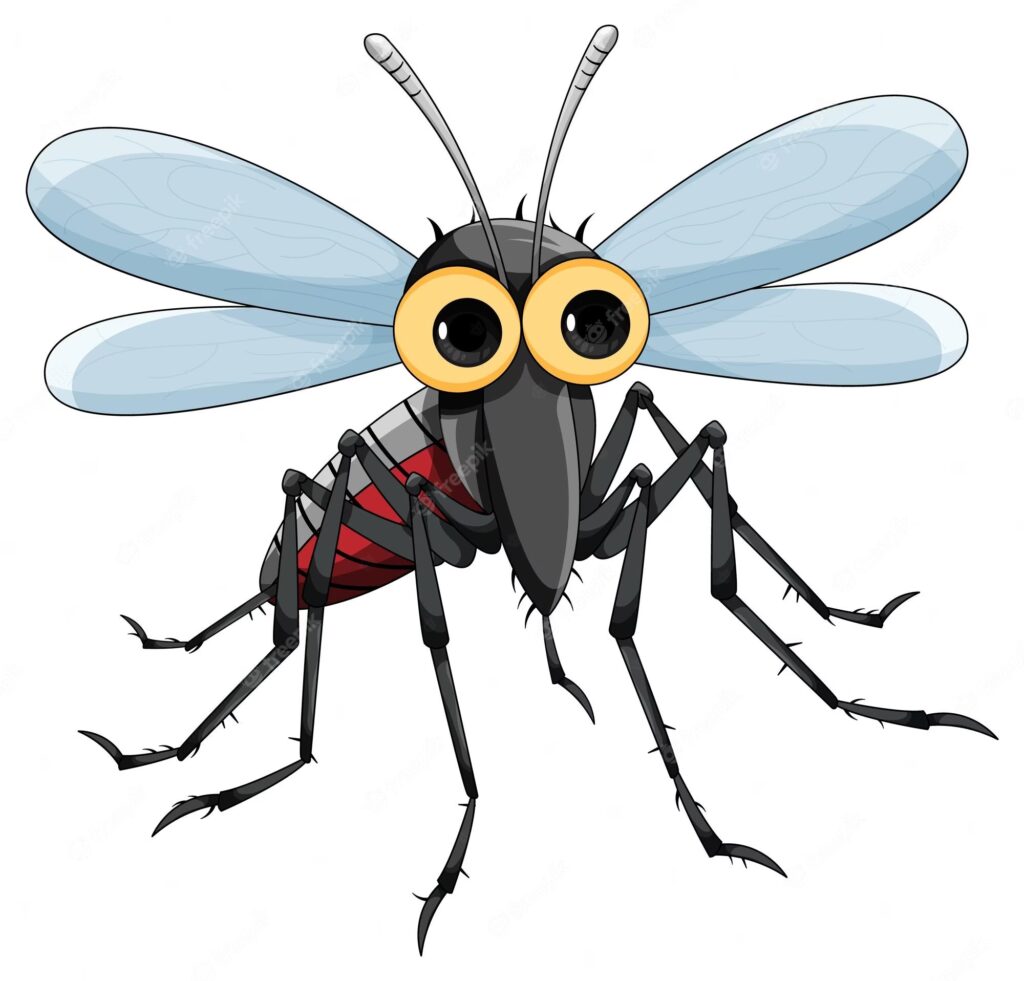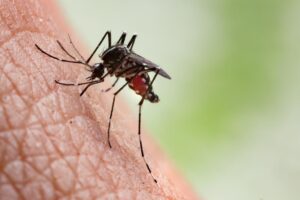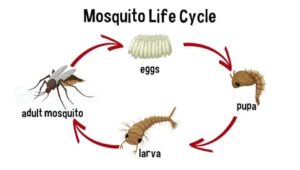Beyond Bloodsucking: The Fascinating Ecological Role of Mosquitoes

-Shivaan Darda
The constant buzzing, itchy bites and potential for lethal diseases – nobody loves mosquitoes! But these tiny insects are far more complex than one assumes to be.
Fun Facts

Did you know that the existence of mosquitoes dates back more than 100 million years? These ancient insects’ fossilised remains from the Jurassic era have been discovered. Their endurance is astonishing, but what is truly amazing about them is their capacity for adaptation. Mosquitoes are present practically everywhere on the planet, from tropical jungles to the Arctic tundra. They are one of the most successful species in the world because they have adapted to thrive in a variety of conditions
A Dual Role – Innocuous & Essential
Mosquitoes are not perfect, despite their success. Most species’ females need a blood meal to lay eggs, and it is during this time that they can spread deadly infections like the Zika virus, dengue fever and malaria. These illnesses have a terrible effect on human health, especially in developing nations.

However, not all mosquitoes are harmful. They have a significant impact on many ecosystems. As larvae, they consume aquatic organic materials, recycling nutrients and promoting the health of aquatic habitats. When fully grown, they provide a significant food source for a range of creatures, such as birds, fish and bats. Particularly in wetland areas, several mosquito species play a significant pollination role for specific plant species.
While being among the most reviled insects on the earth, mosquitoes are also fascinating and crucial components of many ecosystems. We can create more efficient methods for managing their numbers and halting the spread of disease by better comprehending their biology and behaviour.